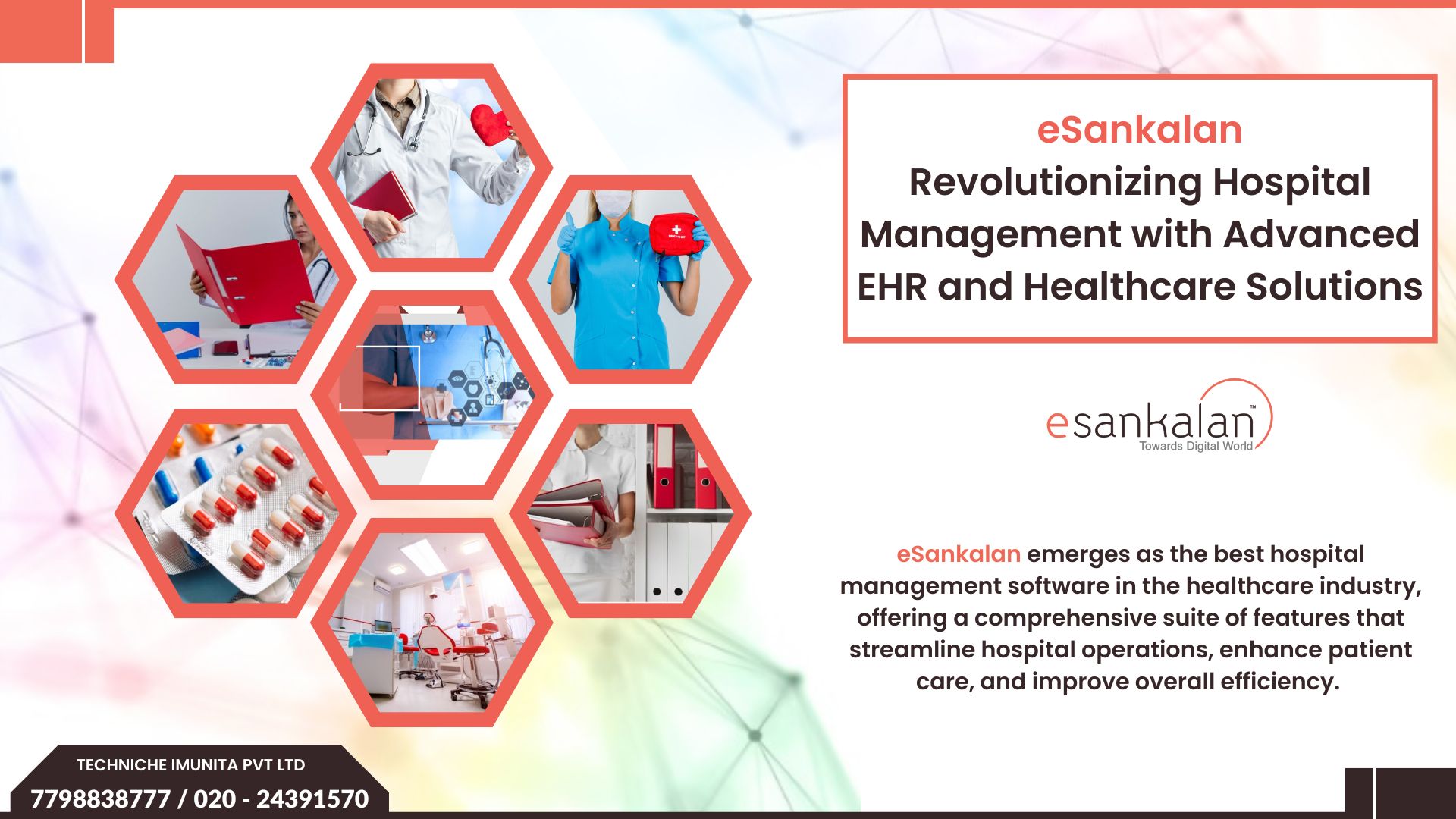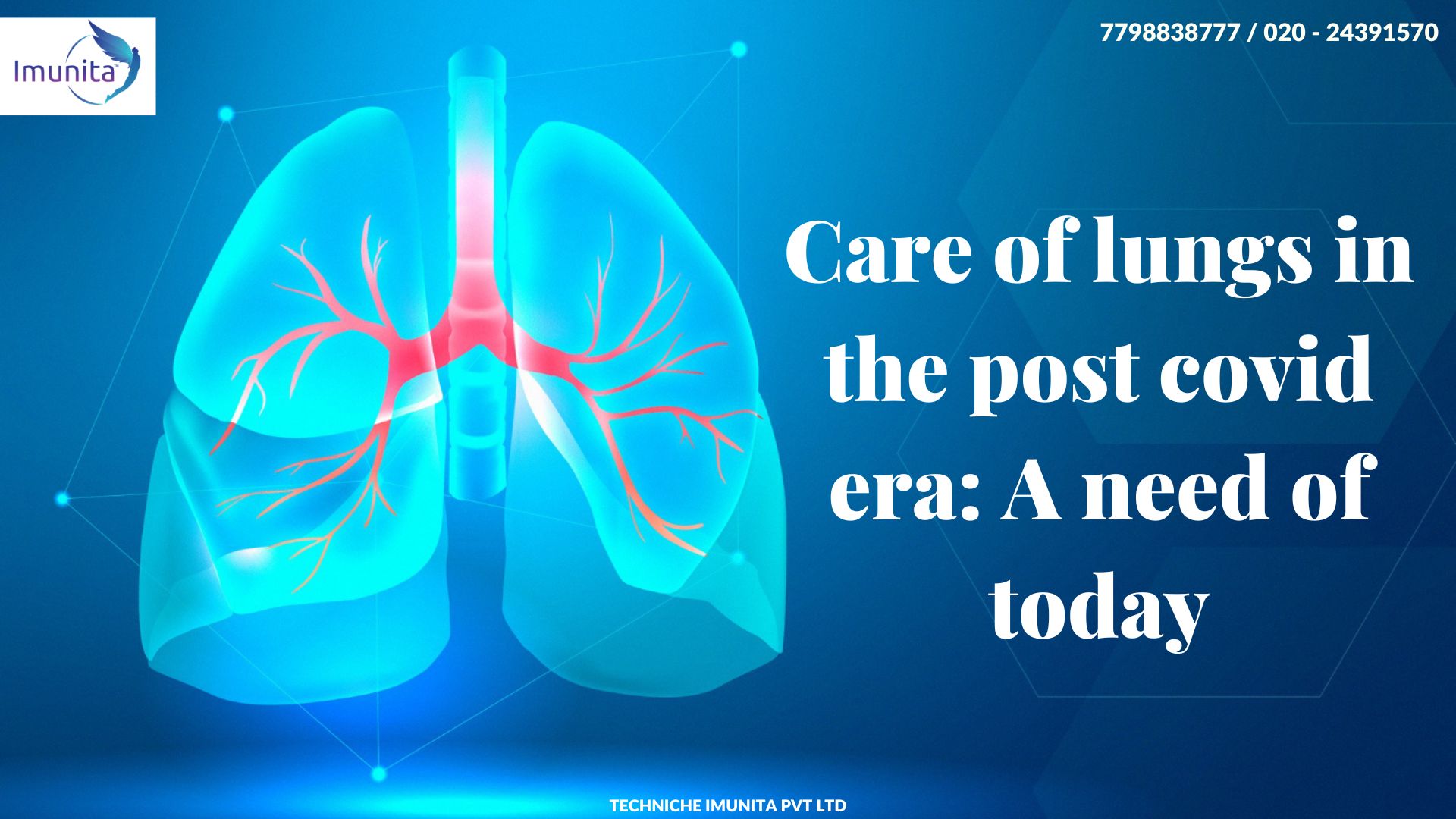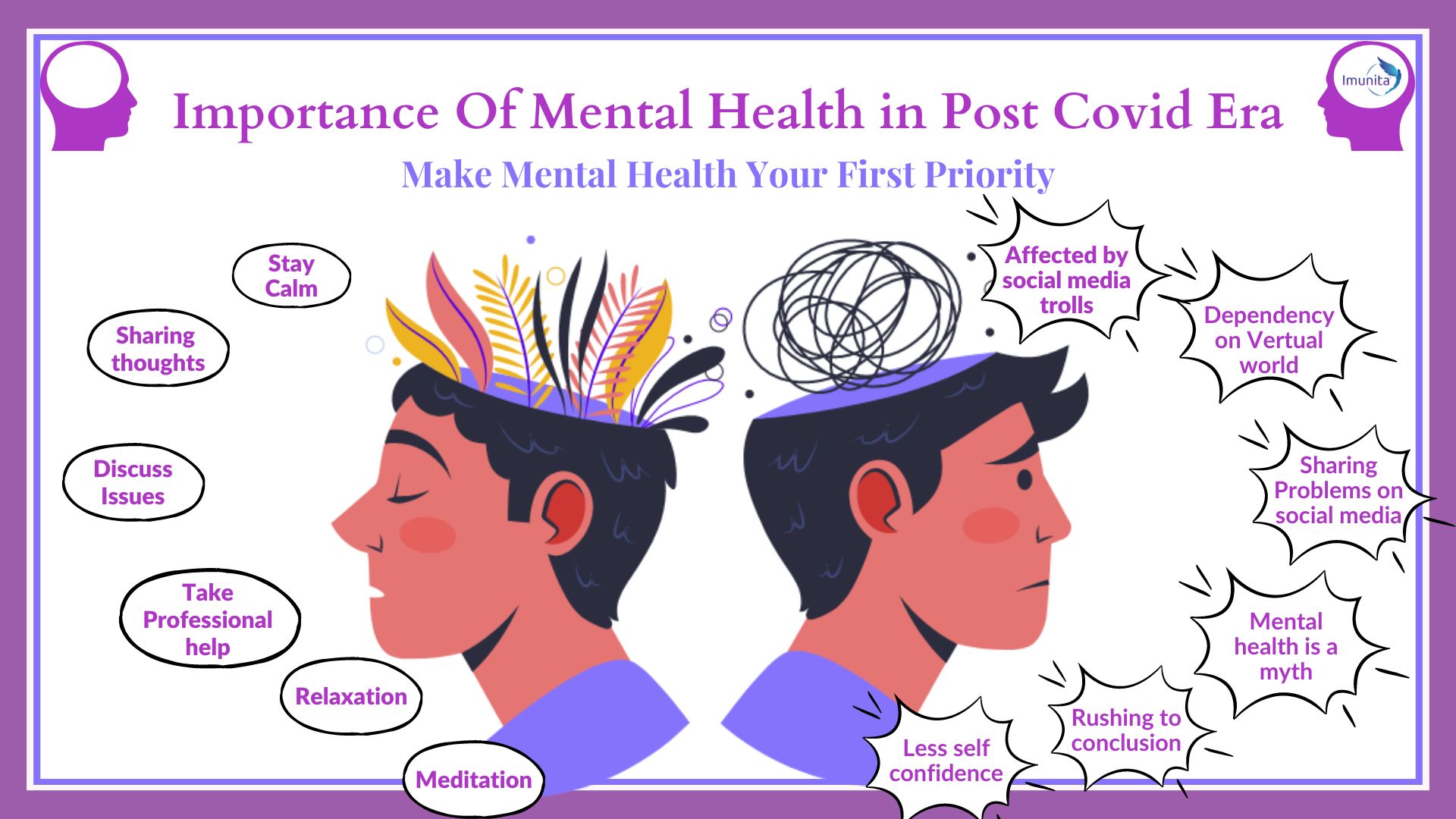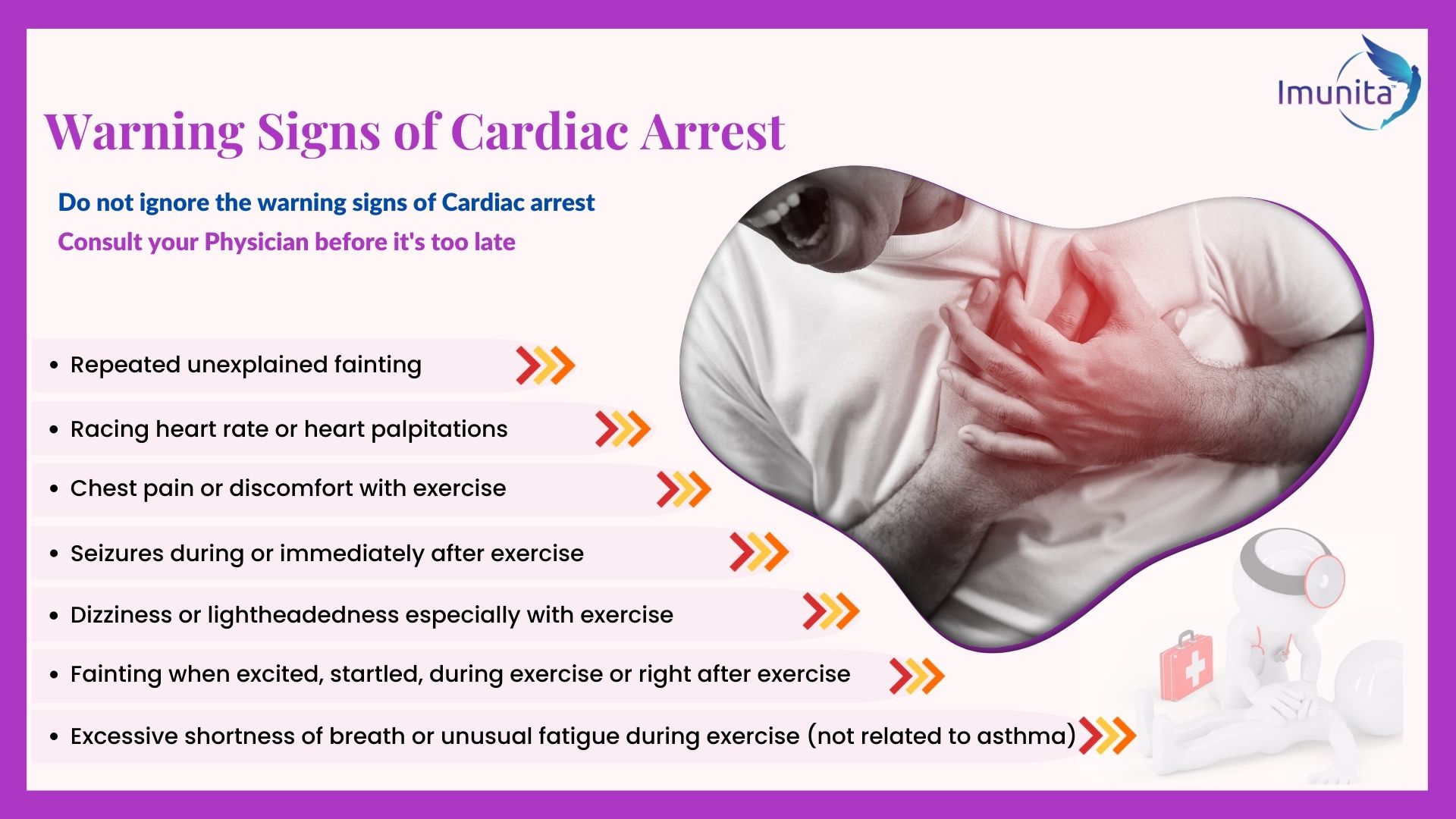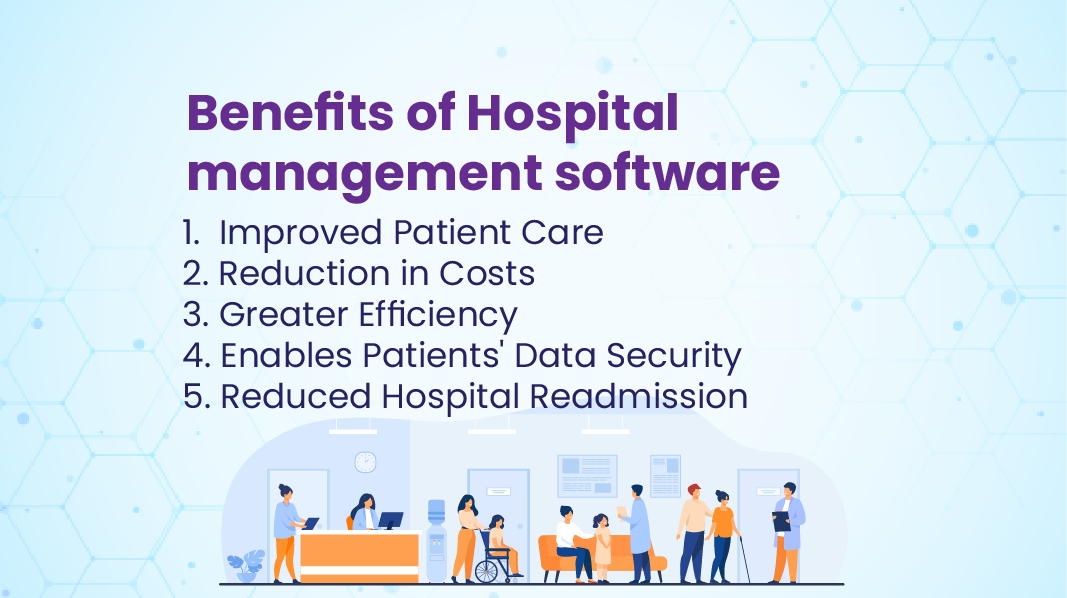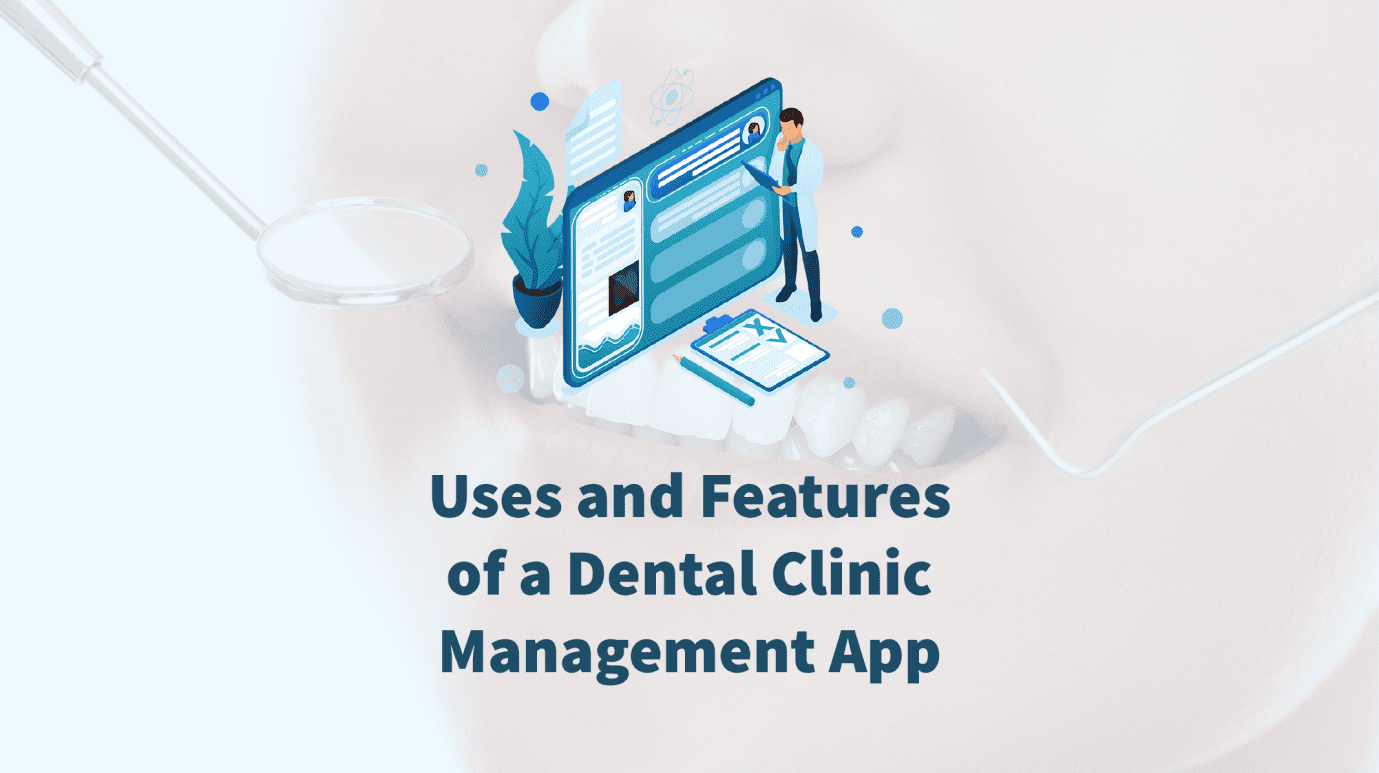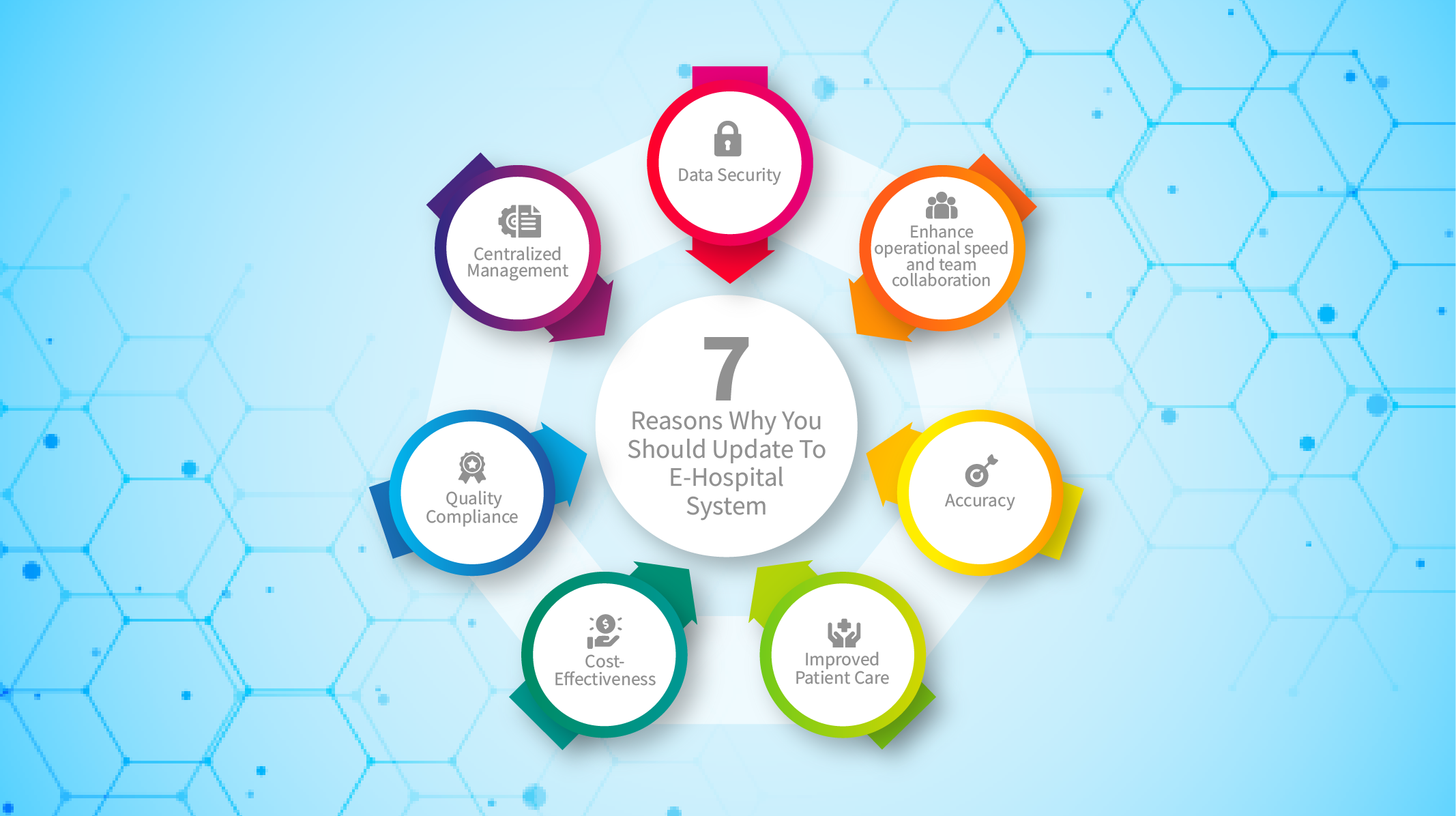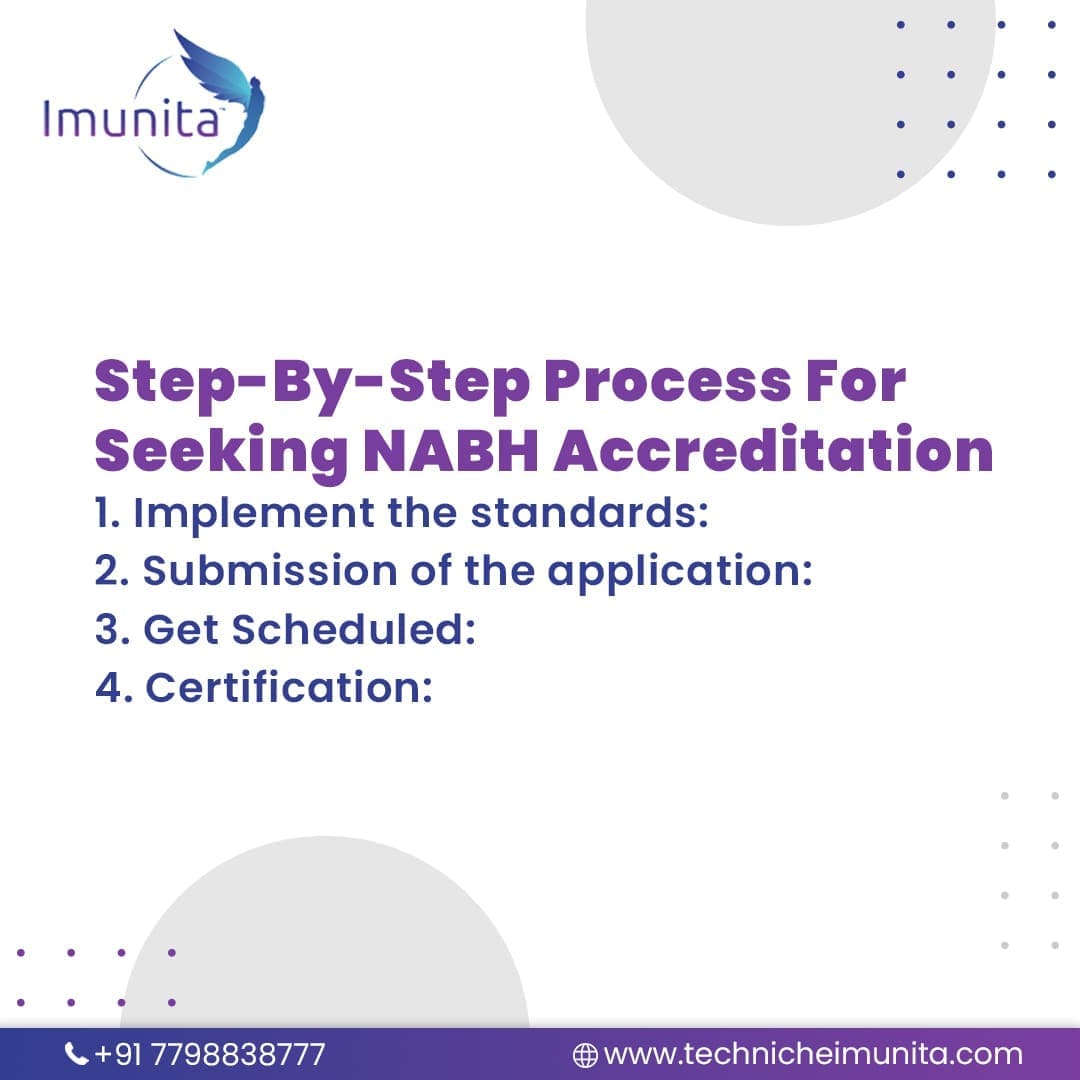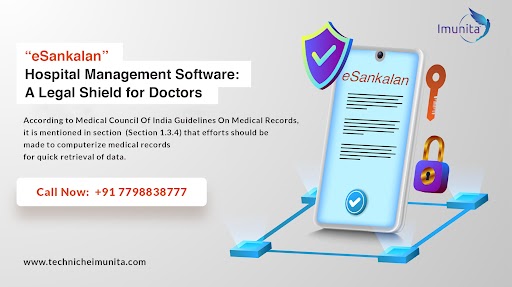In the ever-evolving landscape of healthcare, one challenge remains constant: the burden on healthcare staff. Nurses, doctors, and administrative personnel are often stretched to their limits, juggling patient care, documentation, and administrative tasks. The growing demand for healthcare services, coupled with the complexity of modern medical care, has led to an overworked and stressed workforce. This is where a Health Management Information System (HMIS) comes into play as a vital solution.
Understanding HMIS
Health Management Information Systems (HMIS) are integrated systems designed to collect, store, manage, and transmit a patient’s electronic medical records and other healthcare data. They streamline operations, reduce redundancies, and ensure that the right information is available at the right time, improving both patient care and operational efficiency.
Alleviating Staff Workloads
1. Streamlined Documentation
2. Improved Patient Management
3. Enhanced Communication and Collaboration
4. Resource Management
5. Data-Driven Decision Making
The Human Element
While HMIS offers numerous benefits, it’s important to remember that technology is not a replacement for the human touch in healthcare. However, by automating routine tasks and providing valuable insights, HMIS allows healthcare professionals to focus more on patient care and less on administrative burdens. This shift not only improves job satisfaction among staff but also enhances the quality of care provided to patients.
Conclusion
In an era where healthcare professionals are increasingly overburdened, the adoption of Health Management Information Systems is not just a luxury but a necessity. By streamlining operations, improving communication, and enabling data-driven decision-making, HMIS helps alleviate the stress on healthcare staff, allowing them to focus on what truly matters: providing excellent patient care. As the healthcare industry continues to evolve, the role of HMIS will only become more critical in ensuring that healthcare staff are supported, efficient, and effective in their roles.






